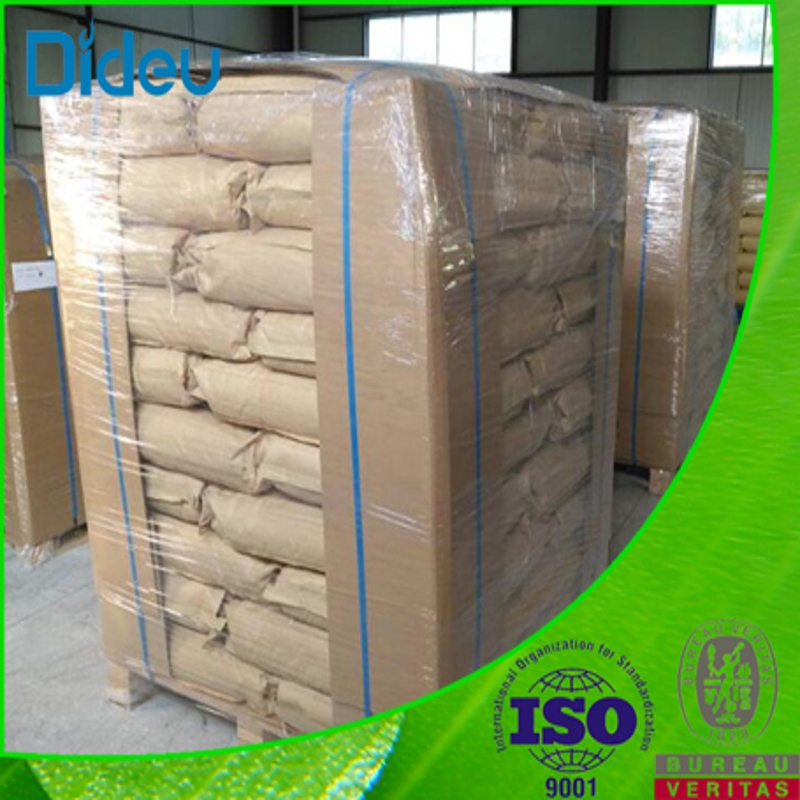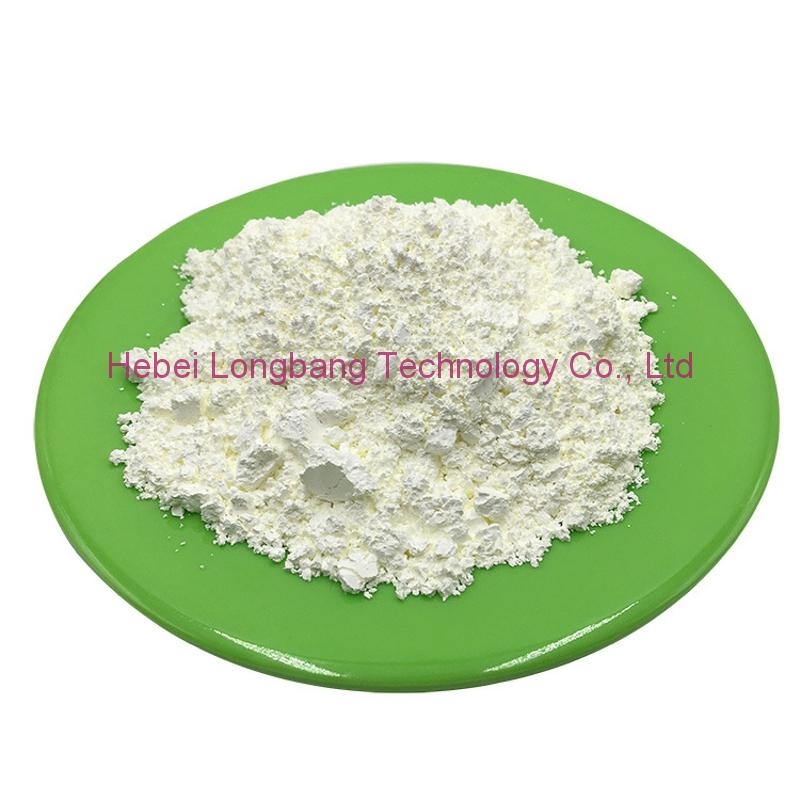-
Categories
-
Pharmaceutical Intermediates
-
Active Pharmaceutical Ingredients
-
Food Additives
- Industrial Coatings
- Agrochemicals
- Dyes and Pigments
- Surfactant
- Flavors and Fragrances
- Chemical Reagents
- Catalyst and Auxiliary
- Natural Products
- Inorganic Chemistry
-
Organic Chemistry
-
Biochemical Engineering
- Analytical Chemistry
-
Cosmetic Ingredient
- Water Treatment Chemical
-
Pharmaceutical Intermediates
Promotion
ECHEMI Mall
Wholesale
Weekly Price
Exhibition
News
-
Trade Service
Itopride hydrochloride, also known as 4-(4-(difluoromethyl)-2-oxo-1,3-oxazolidin-3-yloxy)benzenesulfonic acid monohydrochloride, is a chemical compound that is used in a variety of applications in the chemical industry.
The compound is a white to off-white powder with a molecular formula of C18H12F2N2O4S2.
It is an oxazolidinone-based amidine derivative that is commonly used as a catalyst for a variety of chemical reactions.
One of the main applications of Itopride hydrochloride in the chemical industry is in the field of polymerization.
The compound is used as a catalyst for the production of polymers, which are long-chain molecules that are used in a wide variety of applications.
For example, it can be used to produce polyethylene terephthalate (PET), which is a common plastic used in packaging materials.
Itopride hydrochloride is also used in the production of polyurethanes, which are materials that are used in insulation, adhesives, and coatings.
The compound is used as a catalyst for the reaction between a diisocyanate and a polyol, which results in the formation of a polyurethane.
In addition to its use in polymerization, Itopride hydrochloride is also used in the production of pharmaceuticals.
The compound is used as an intermediate in the production of some drugs, and it is also sometimes used as a catalyst for certain chemical reactions that are involved in the synthesis of other drugs.
Another application of Itopride hydrochloride in the chemical industry is in the field of organic synthesis.
The compound is often used as a catalyst for the synthesis of organic compounds, which are used in a wide variety of applications.
For example, it can be used to synthesize dyes, fragrances, and other chemical products.
Itopride hydrochloride is also used in the production of agrochemicals, which are chemicals that are used in agriculture to protect crops from pests and diseases.
The compound is used as a catalyst for the production of certain types of pesticides and herbicides.
Despite its many applications in the chemical industry, Itopride hydrochloride does have some downsides.
One of the main drawbacks of the compound is its potential toxicity.
It is classified as a category 3 carcinogen, which means that it is believed to have the potential to cause cancer in humans.
Additionally, it can also be irritating to the eyes, skin, and respiratory system.
As such, it is important to handle the compound with care and to take appropriate precautions to prevent exposure.
In summary, Itopride hydrochloride is a versatile chemical compound that is used in a variety of applications in the chemical industry.
It is used as a catalyst for polymerization, pharmaceutical synthesis, organic synthesis, and the production of agrochemicals.
However, it is important to be aware of its potential toxicity and to take appropriate precautions when handling it.







